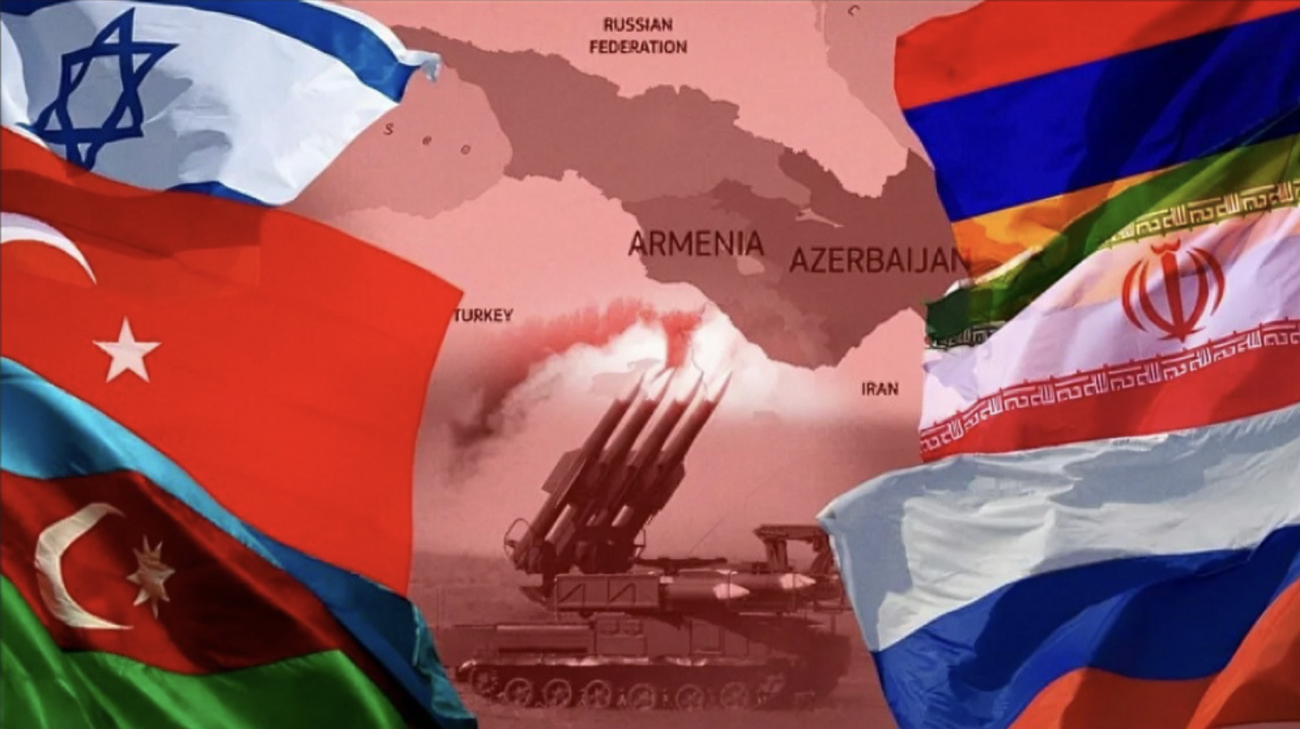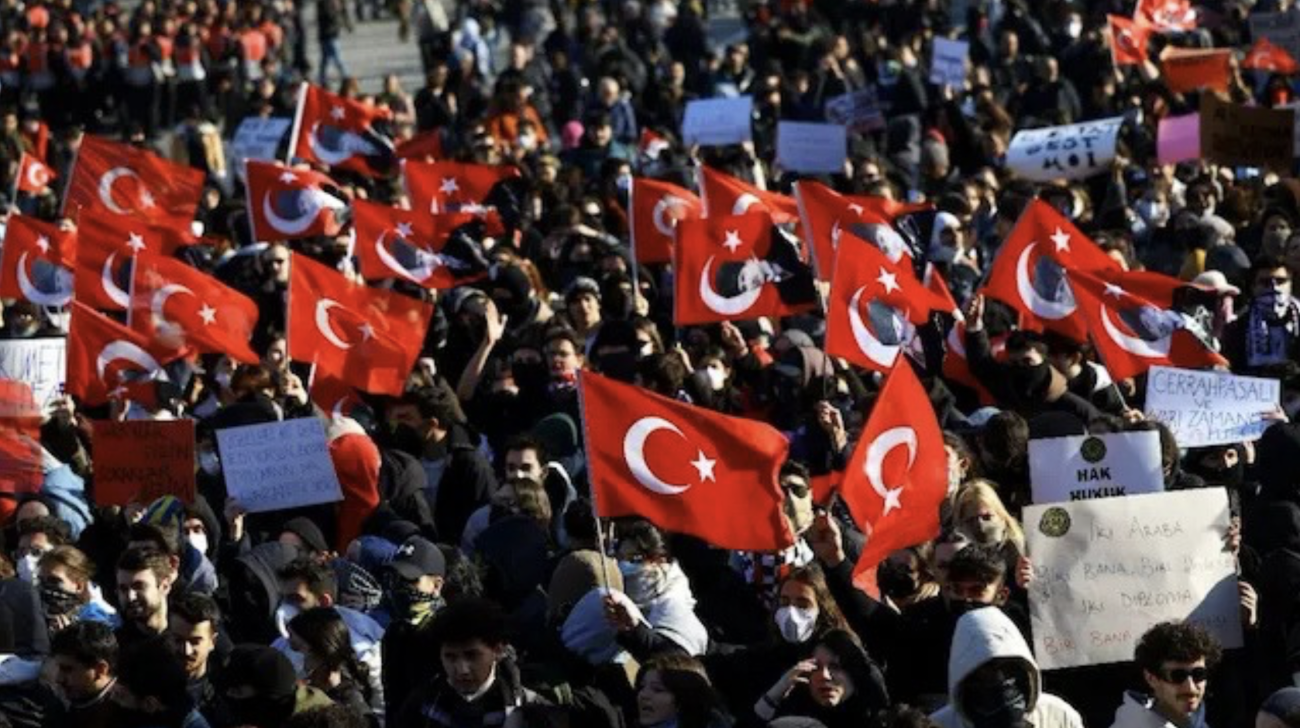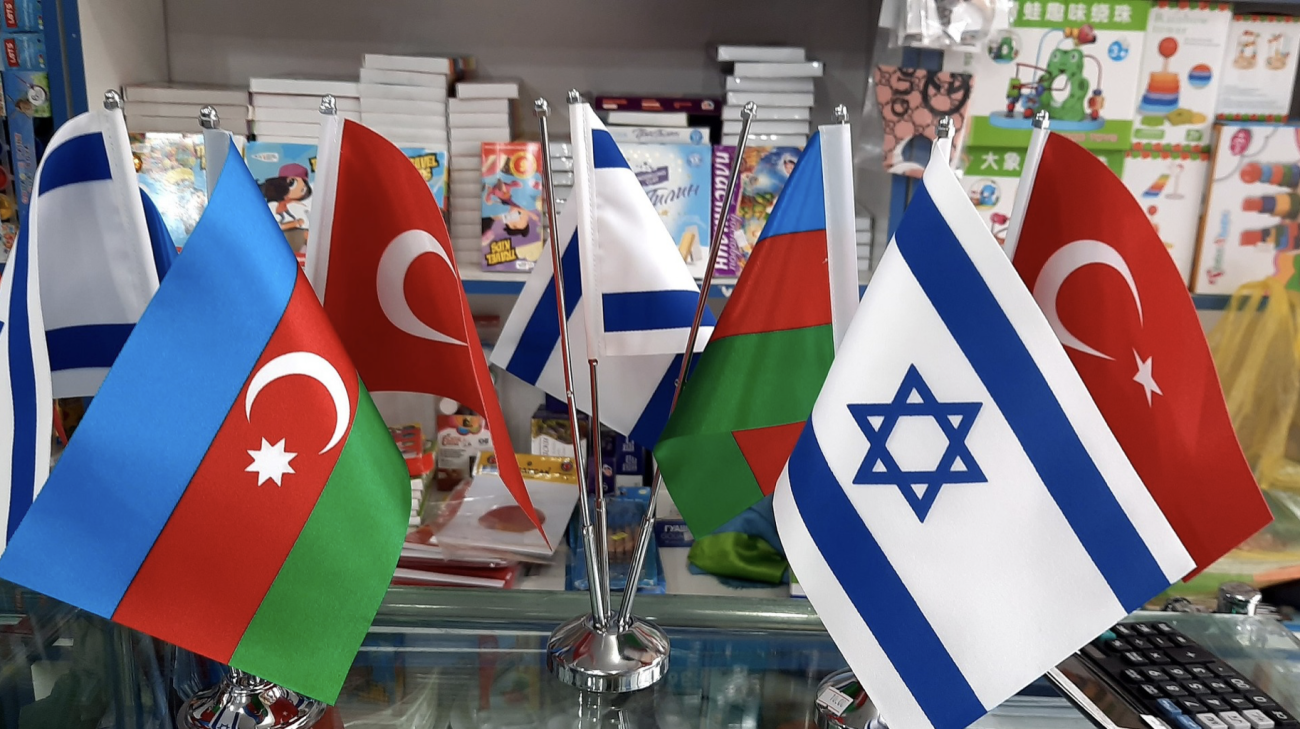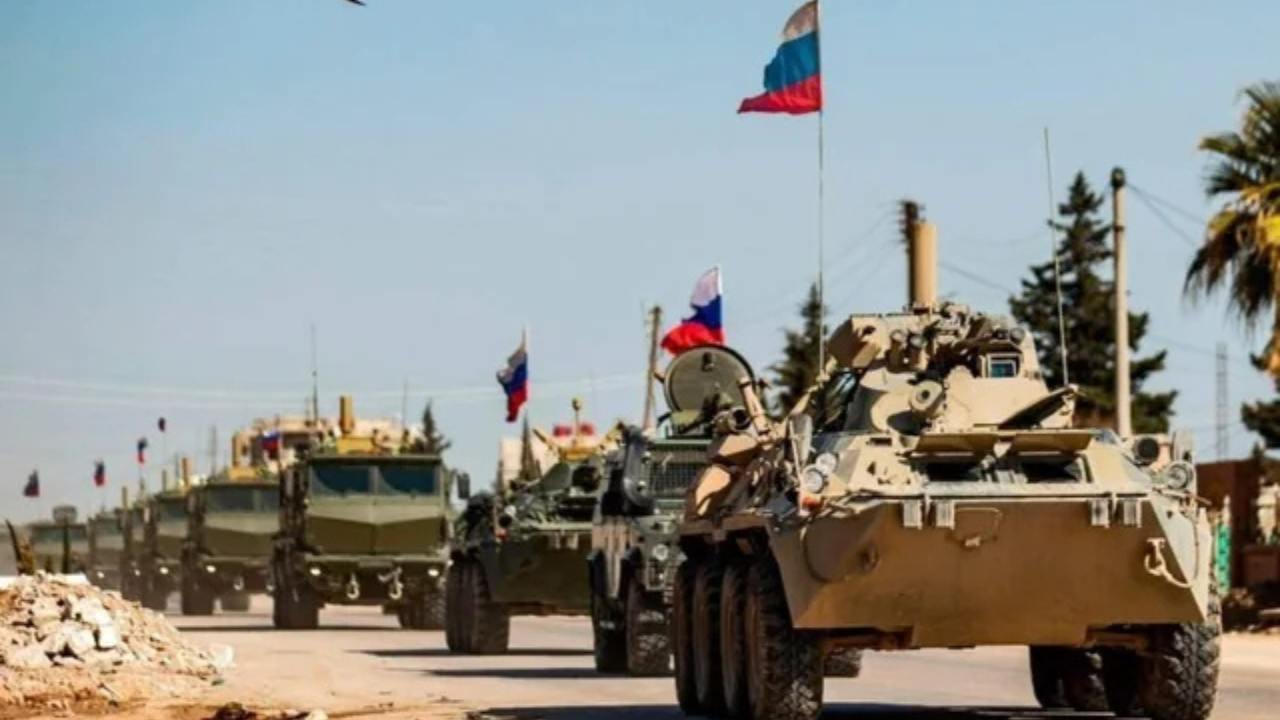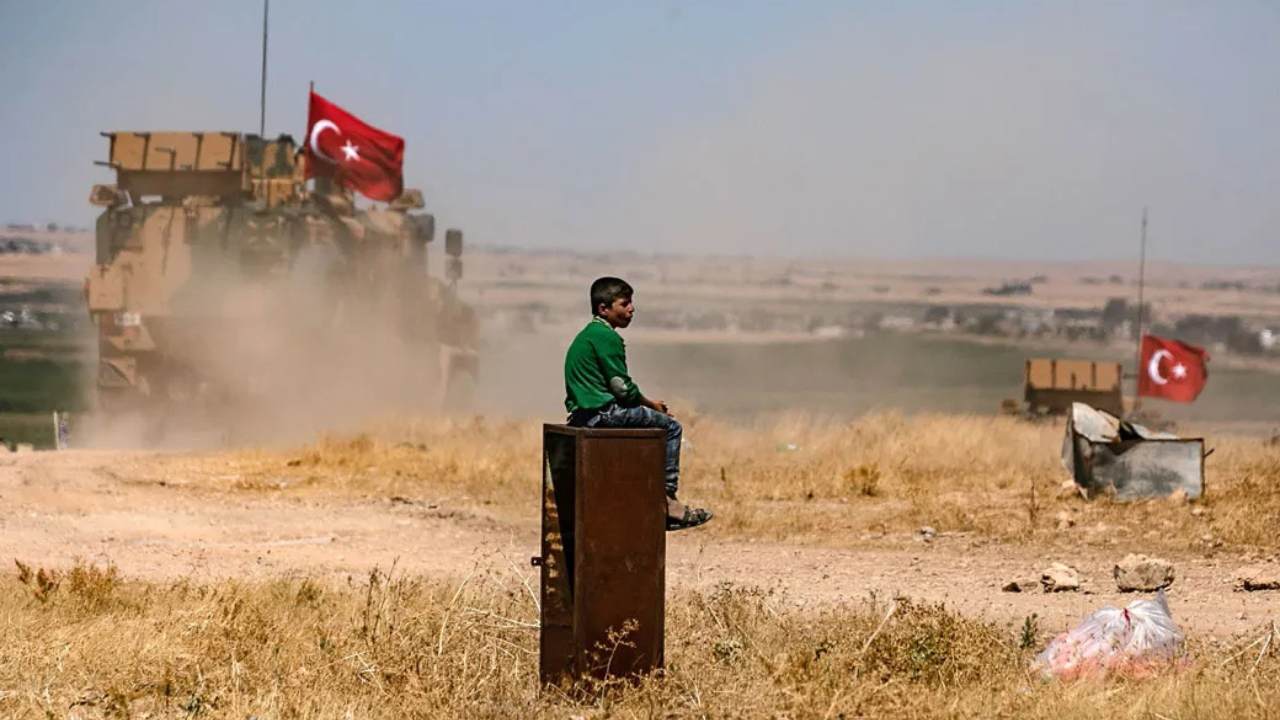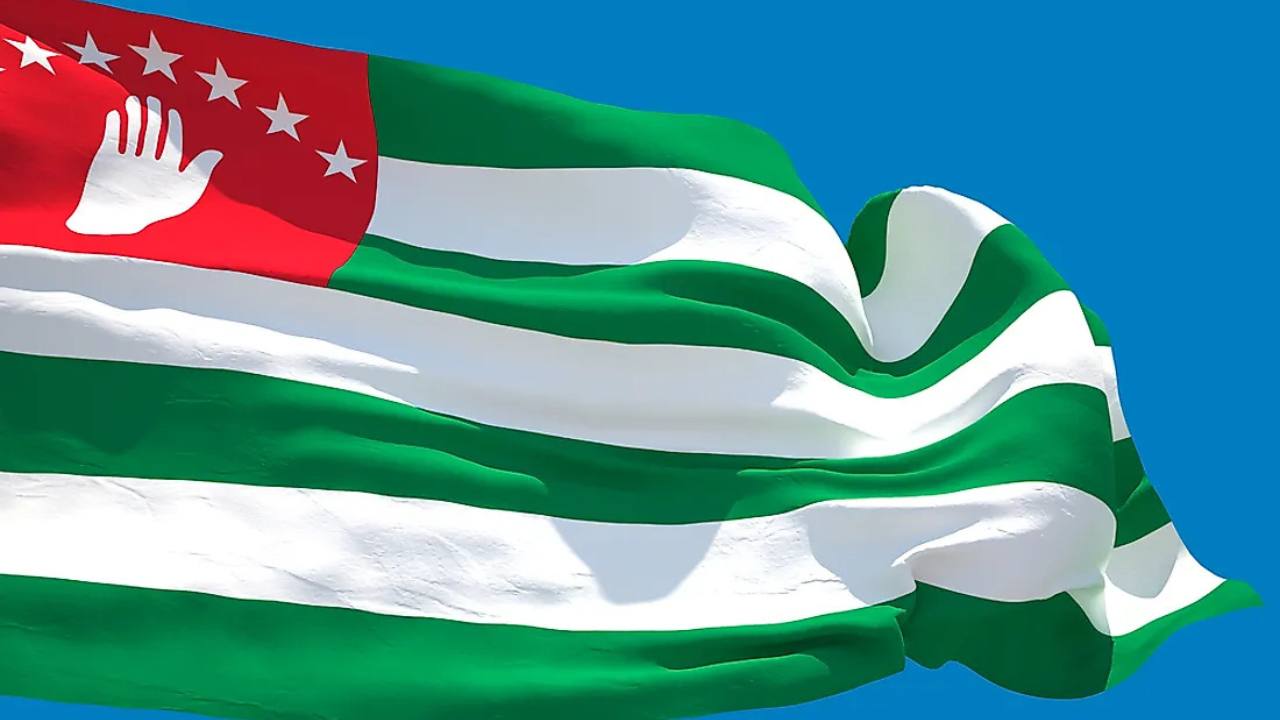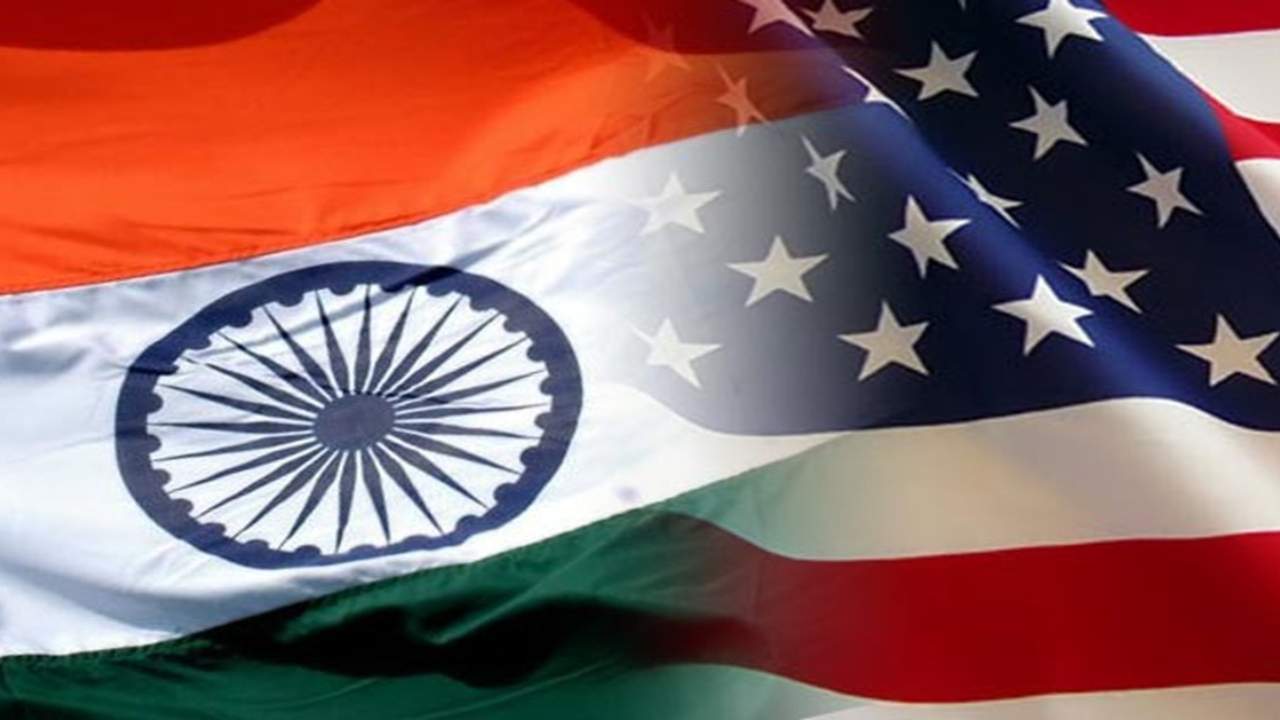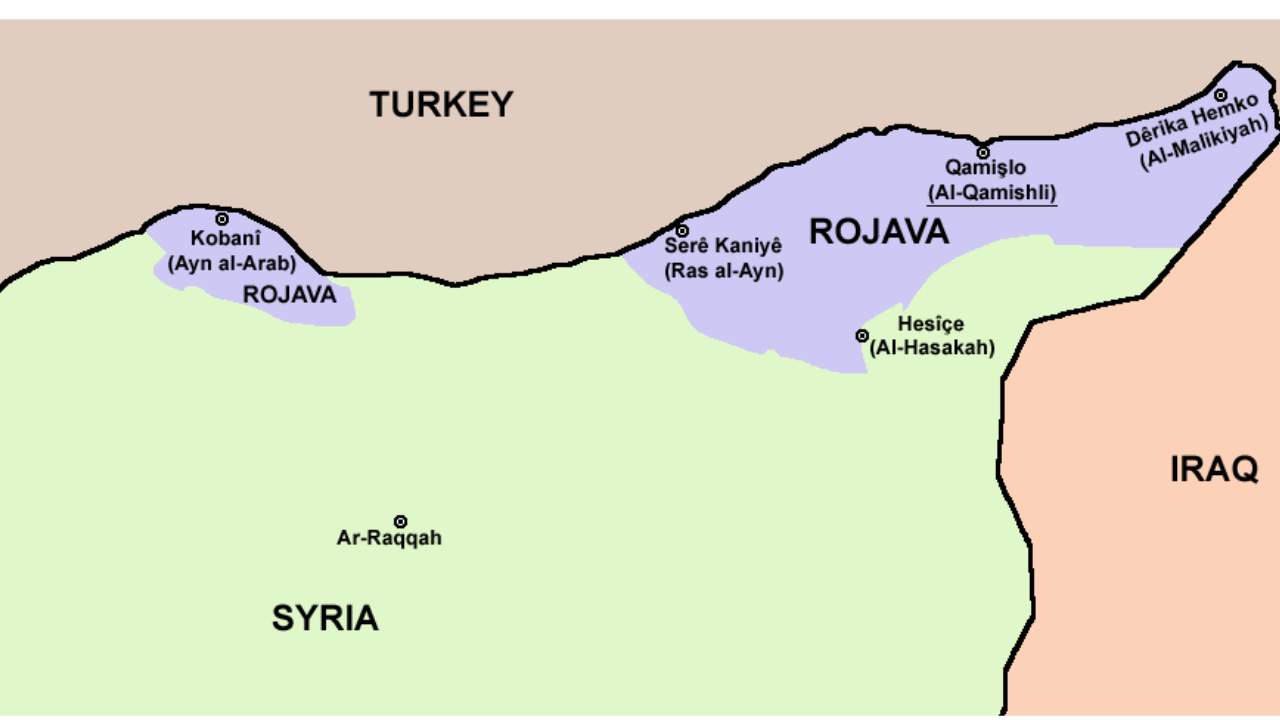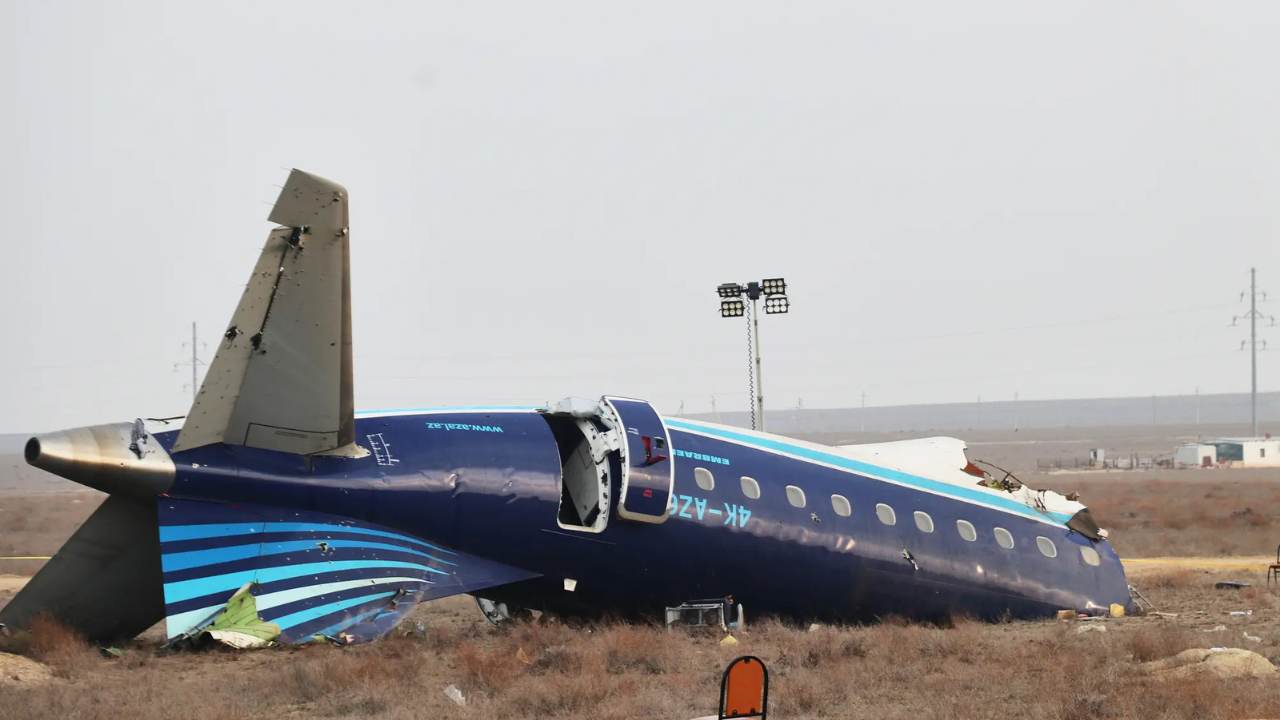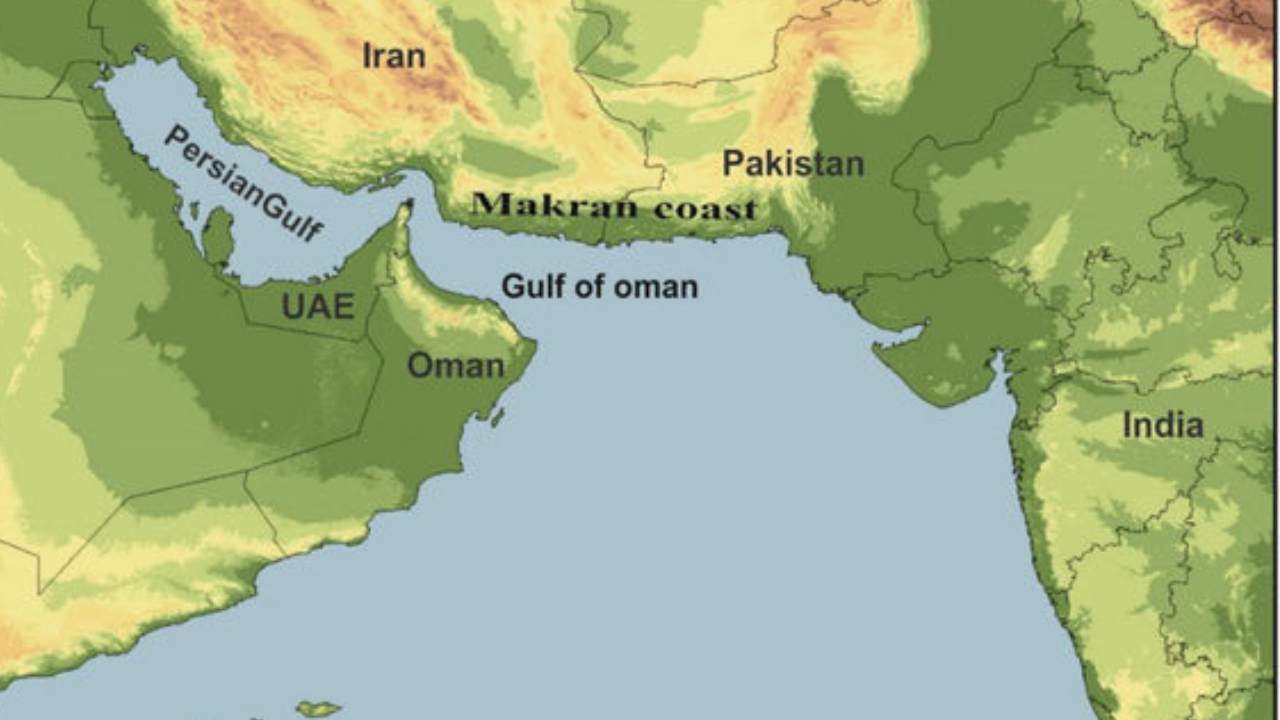
Publication
On inclusion of Turkey and Azerbaijan into anti-Iranian conflict
The analysis of the current situation in the Middle East suggests a direct connection between destabilization in Turkey and the plans of the United States and Israel to attack Iran.
Erdogan destroys his own initiative
On March 19, 2025, Turkish authorities detained the mayor of Istanbul, Ekrem Imamoglu, a member of the Republican People's Party (CHP).
The “Abrahamic Accords” in the context of Israel–Azerbaijan–Turkey relations
Since February 2025 Israel has actively begun the process of including Azerbaijan into the list of countries of the so-called “Abrahamic Accords”.
Russia May Face Negative Experience of the Karabakh Problem in Syria
On March 6, 2025, fierce fighting broke out in Syria between the “remnants of Assad's army”, including Alawite militia units, and the security forces of the new government in Damascus.
The Turkoman Factor in Ankara’s Syrian Policy
One of the main instruments of Turkey’s interference in Syria’s internal affairs is considered to be the “Turkoman factor”, used by Ankara to legitimize the actual expansion in relation to the Arab Republic.
Anti-Armenian Sentiments in Abkhazia in the context of the Turkey–Russia Confrontation
On the eve of the second round of the snap presidential elections scheduled for March 1, 2025, the situation in Abkhazia has become extremely tense.
American-Indian Initiatives and Turkey’s Foreign Policy
On 14.02.2025, a meeting took place in Washington between U.S. President Donald Trump and Indian Prime Minister Narendra Modi took place in Washington.
Syria: The Kurdish Issue in the American-Turkish Agenda
Based on recent events in the region, Washington has refused Ankara’s request to disarm the Syrian Democratic Forces (SDF) and dismantle the Kurdish administration of Rojava.
Internal Political Aspects of I. Aliyev’s Initiative toward Russia
The formal reason for the political-diplomatic conflict was an incident involving the crash of an Azerbaijan Airlines (AZAL) passenger aircraft on December 25, 2024, in Aktau, Kazakhstan(2). Immediately after the crash, media outlets close to the Azerbaijan’s government placed all responsibility on the Russian side, accusing its air defense and civil aviation services of negligence and unprofessionalism.
About the Project of Relocating Iran’s Capital
In January 2025, the Iranian leadership once again announced its intention to move the capital from Tehran to the location called Makran – one of the regions of the Sistan and Baluchestan province, on the shores of the Indian Ocean.
